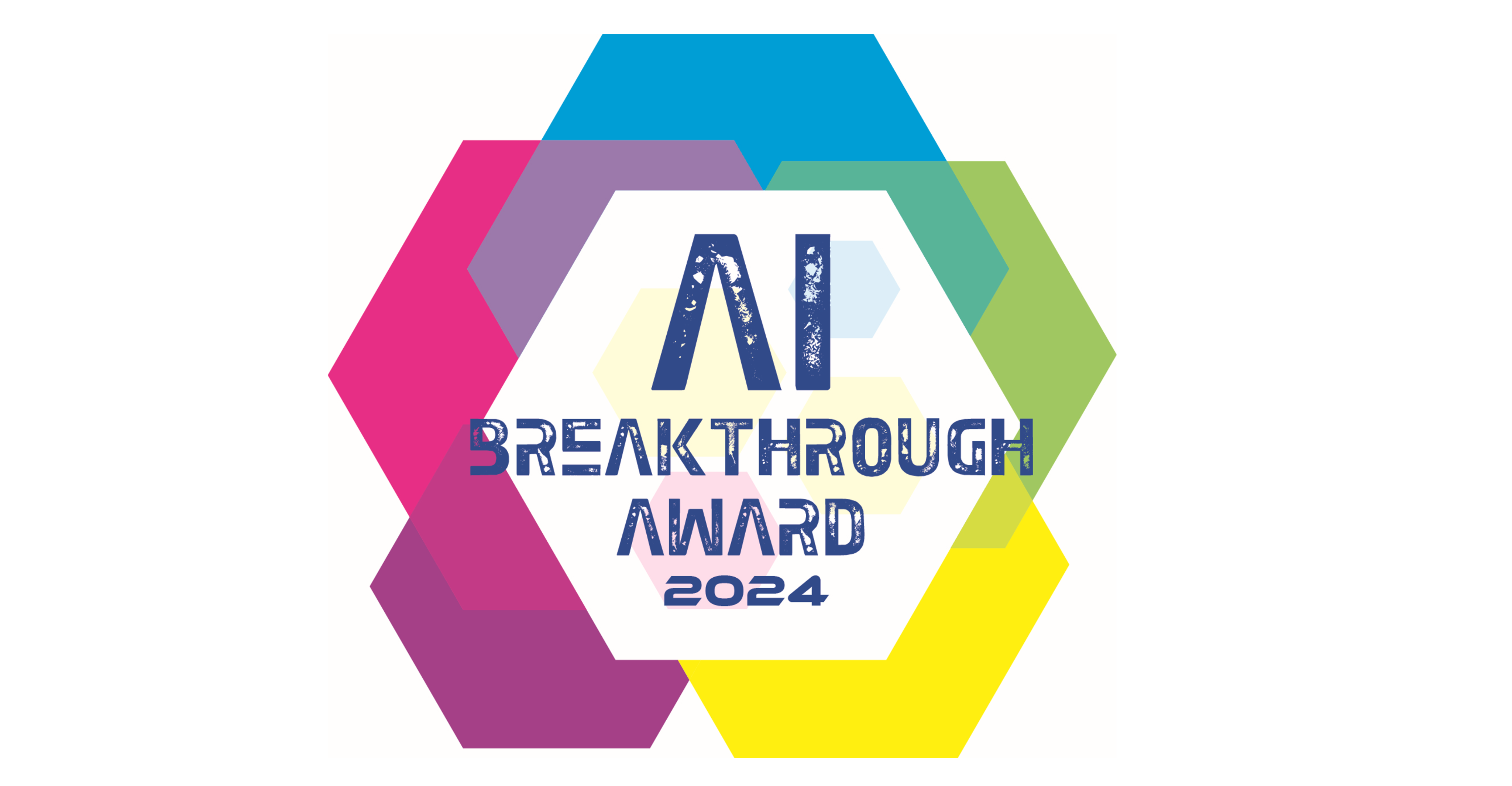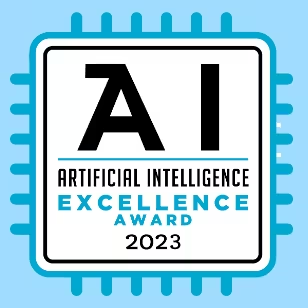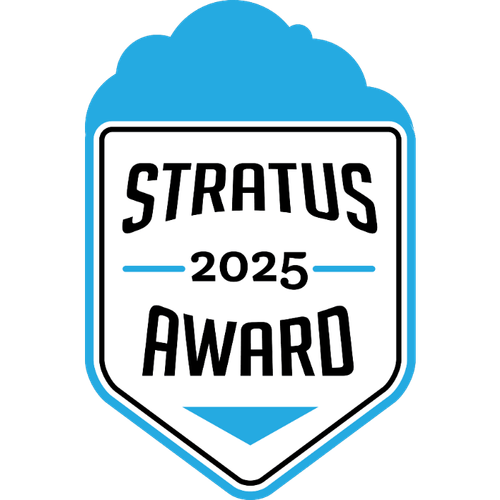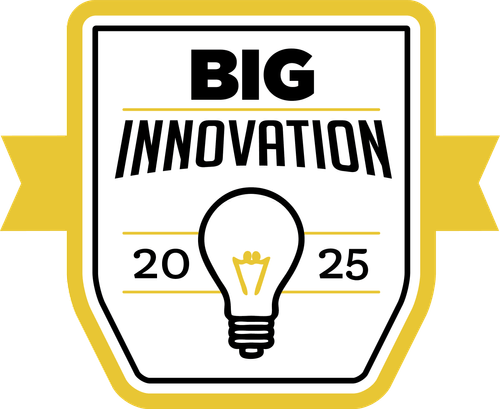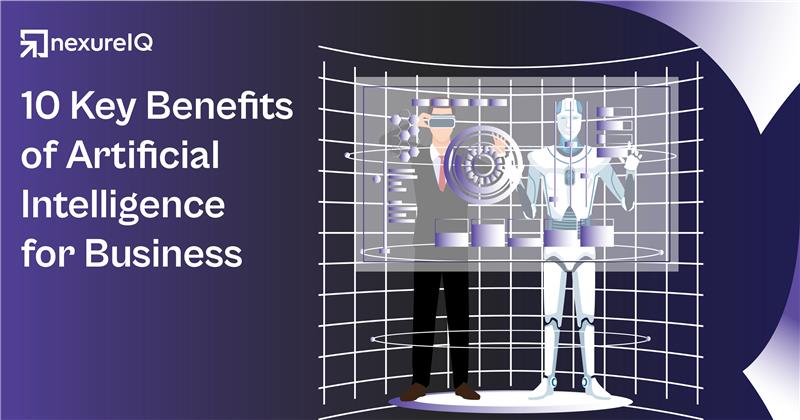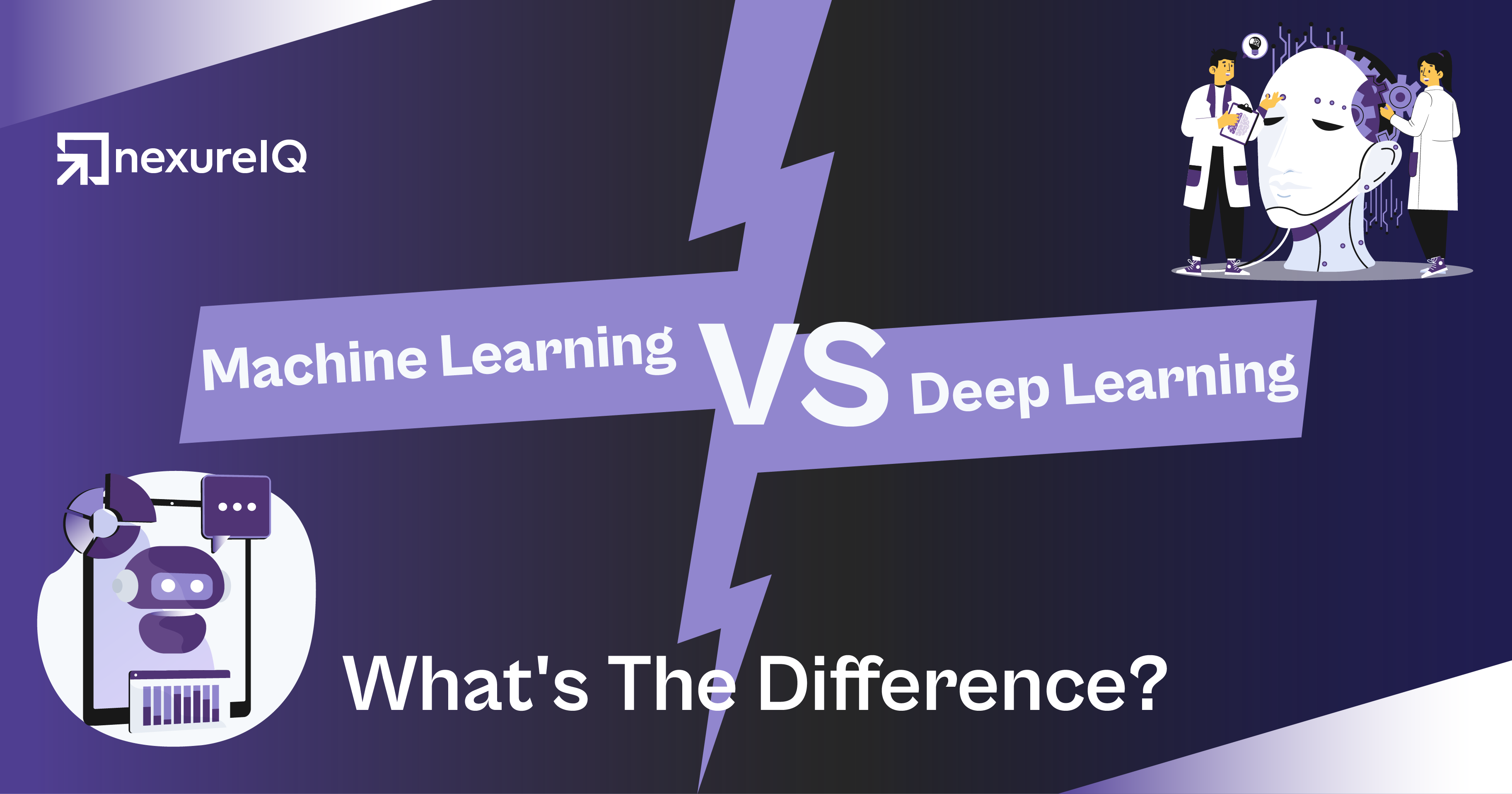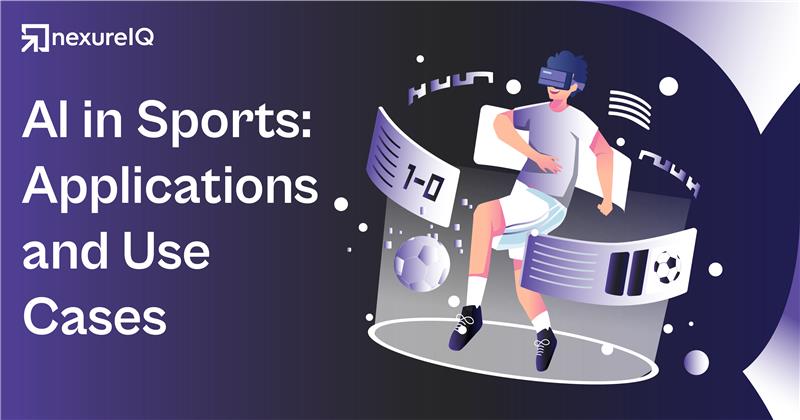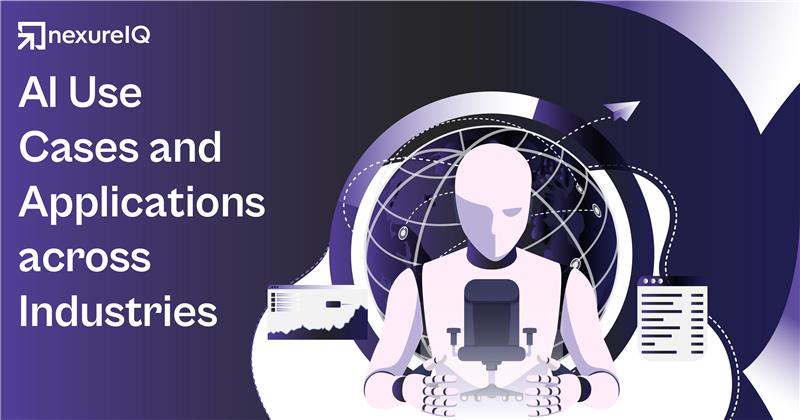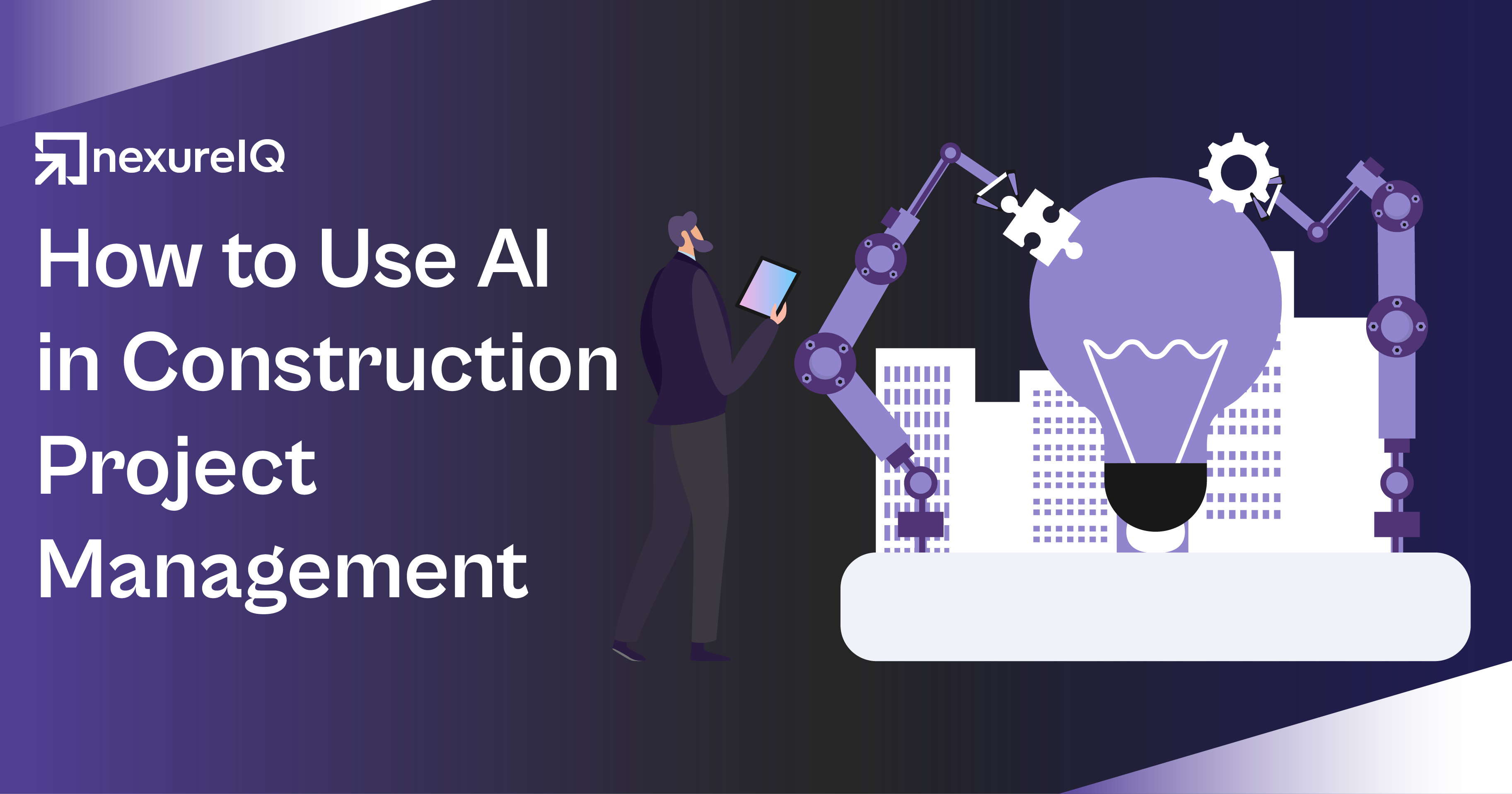Artificial Intelligence (AI) continues to be at the forefront of technological advancements, revolutionizing industries from healthcare to finance, e-commerce, and beyond. As AI development progresses, the demand for robust, scalable, and efficient programming languages grows. Businesses seeking AI development services and AI development companies must carefully consider the best programming languages to power their AI-driven solutions.
This article explores the top programming languages for AI development in 2025, highlighting their strengths and applications.
Top 10 AI Programming Languages in 2025
1. Python
Python remains the dominant programming language for AI development in 2025, owing to its simplicity, versatility, and extensive ecosystem of AI and machine learning (ML) libraries.
Why Python?
- Rich AI Libraries: Python boasts powerful AI and ML libraries, including TensorFlow, PyTorch, Keras, and Scikit-learn, making it a top choice for AI development services.
- Easy Syntax: Python’s readable and concise syntax allows for rapid development, reducing the learning curve for AI developers.
- Large Community Support: Python has an active community that continually updates AI tools, ensuring developers can leverage the latest advancements.
- Integration Capabilities: Python integrates seamlessly with other languages like C++ and Java, making it ideal for AI-driven applications requiring high performance.
Use Cases in AI Development
- Machine learning and deep learning applications
- Natural language processing (NLP)
- Computer vision and image recognition
- AI-driven automation
2. JavaScript
JavaScript is increasingly gaining traction in AI development, particularly for web-based AI applications. With frameworks such as TensorFlow.js, AI-powered applications can now be executed directly in the browser.
Why JavaScript?
- Browser Compatibility: JavaScript allows developers to run AI models directly in web browsers, reducing backend dependency.
- Growing AI Libraries: Frameworks like TensorFlow.js enable real-time AI model deployment on websites and web apps.
- Versatile Ecosystem: JavaScript integrates seamlessly with Node.js for server-side AI development, enhancing scalability.
Use Cases in AI Development
- AI-powered chatbots for websites
- Real-time object detection in web applications
- AI-driven recommendation systems
3. Java
Java remains a strong contender in AI development due to its reliability, scalability, and cross-platform capabilities. It is widely used by AI development companies for enterprise-level AI solutions.
Why Java?
- Platform Independence: Java’s “write once, run anywhere” philosophy makes it suitable for cross-platform AI applications.
- Robust Security Features: Java’s security framework makes it a preferred choice for AI applications requiring high-level data protection.
- Multithreading Support: Java’s multithreading capabilities allow efficient execution of AI processes.
- AI Libraries: Libraries like DeepLearning4J (DL4J) and Weka facilitate AI and ML model development.
Use Cases in AI Development
- Enterprise AI applications
- Fraud detection and risk management
- AI-driven chatbots and virtual assistants
4. C++
C++ continues to be a preferred programming language for AI development where performance and speed are crucial.
Why C++?
- High Performance: C++ is significantly faster than other AI programming languages, making it ideal for real-time AI applications.
- Memory Management: Fine-grained control over memory management allows for optimizing AI computations.
- Used in Game AI Development: Many AI-driven gaming applications leverage C++ for real-time decision-making.
- AI Libraries: Libraries like Shark and mlpack make C++ suitable for machine learning and AI development.
Use Cases in AI Development
- High-performance AI applications
- Robotics and autonomous systems
- AI-driven simulations in gaming and finance
5. R
R is a powerful programming language for AI development, particularly in statistical computing and data science applications.
Why R?
- Strong Statistical Computing Capabilities: R excels in handling statistical models and visualizing AI-driven data insights.
- AI and ML Packages: Libraries like Caret, randomForest, and e1071 make it an excellent choice for AI development services focused on data analytics.
- Integration with Big Data Tools: R integrates well with Hadoop and Spark, enhancing AI-driven big data analytics.
Use Cases in AI Development
- AI-powered data analysis
- Predictive modeling and forecasting
- AI applications in healthcare and finance
6. Swift
With Apple heavily investing in AI, Swift is becoming a viable option for AI development, particularly in iOS applications.
Why Swift?
- Optimized for Performance: Swift is designed to be fast and efficient, making it ideal for AI-driven mobile applications.
- Apple’s AI Ecosystem: Swift integrates seamlessly with Core ML, Apple’s machine learning framework.
- Ease of Use: Its clean syntax makes AI development more intuitive for iOS developers.
Use Cases in AI Development
- AI-powered iOS applications
- Voice and image recognition apps
- AI-driven personalization in mobile apps
7. Julia
Julia is an emerging programming language designed for high-performance AI and numerical computing.
Why Julia?
- Speed and Performance: Julia’s execution speed is comparable to C++, making it ideal for AI applications requiring intensive computations.
- AI Libraries: Flux.jl and MLJ.jl support AI model development in Julia.
- Parallel Computing Capabilities: Julia is well-suited for large-scale AI computations and scientific AI applications.
Use Cases in AI Development
- AI-driven scientific research
- Large-scale machine learning models
- AI applications in finance and healthcare
8. Lisp
Lisp is one of the oldest programming languages used in AI development, known for its flexibility and rapid prototyping capabilities.
Why Lisp?
- Symbolic Processing: Lisp is excellent at handling symbolic reasoning, making it useful for AI-driven logic-based applications.
- Code Modifiability: Lisp allows for dynamic code modifications, providing adaptability in AI programming.
- AI Frameworks: Lisp powers AI applications in industries requiring advanced knowledge representation and reasoning.
Use Cases in AI Development
- Expert systems and knowledge-based AI
- Natural language processing (NLP)
- AI research and prototyping
9. Prolog – Logic-Based AI Development
Why Choose Prolog for AI?
Prolog is a declarative programming language used in AI applications that require logical reasoning and knowledge representation.
Key Features:
- Ideal for AI-driven expert systems and NLP
- Supports symbolic reasoning and rule-based AI development
- Used in AI-driven problem-solving applications
Best Use Cases:
- AI in Medical Diagnosis
- AI-powered Rule-Based Systems
- Intelligent Virtual Assistants
10. Rust – Safe and Fast AI Development
Why Choose Rust for AI?
Rust is an emerging language for AI development, offering memory safety, high performance, and secure AI application development.
Key Features:
- Eliminates memory-related vulnerabilities
- Supports parallel computing and concurrency
- Libraries like SmartCore and Linfa for AI development
Best Use Cases:
- AI-driven Cybersecurity Solutions
- High-performance AI-driven Applications
- AI in Autonomous Systems
Conclusion
Selecting the right programming language for AI development in 2025 depends on various factors, including project requirements, performance needs, and scalability. Python remains the dominant force, but JavaScript, Java, and C++ also offer significant advantages depending on the application. Emerging languages like Julia and Swift are gaining traction, and traditional AI languages like Lisp continue to play a role in specialized AI solutions.
For businesses looking to develop AI-driven applications, partnering with an AI development company that specializes in the right programming languages can make all the difference. As AI continues to evolve, staying up-to-date with the latest programming trends will be crucial for success in the AI development landscape.







